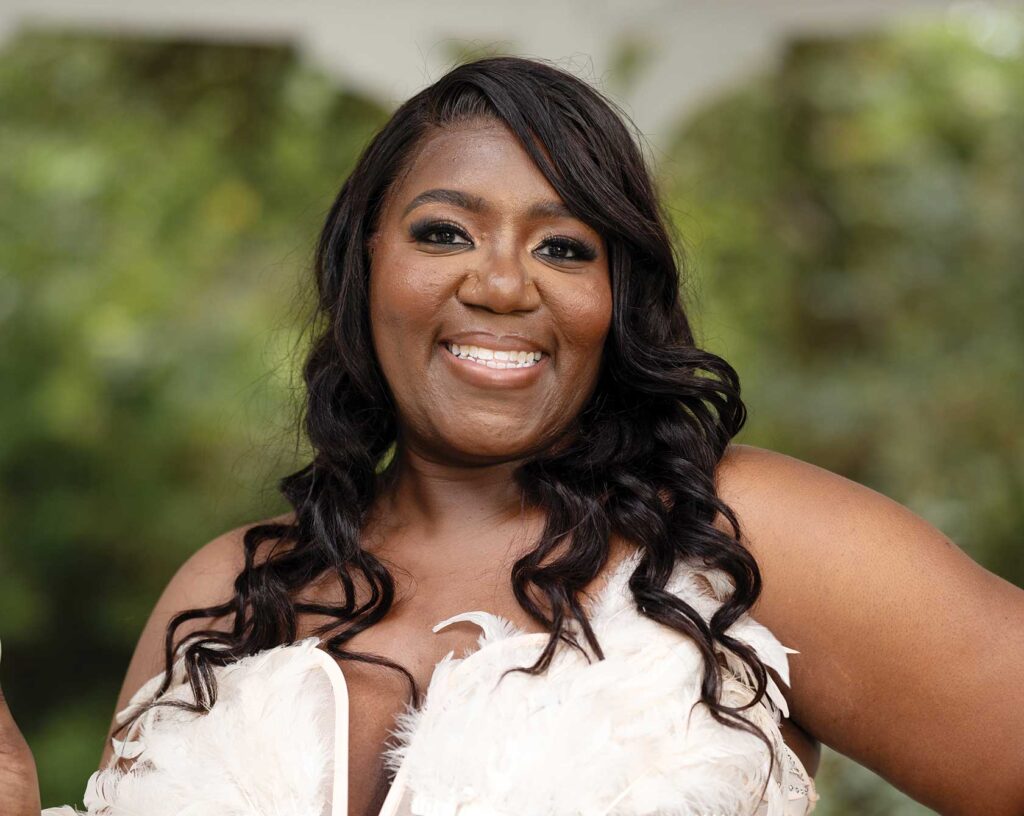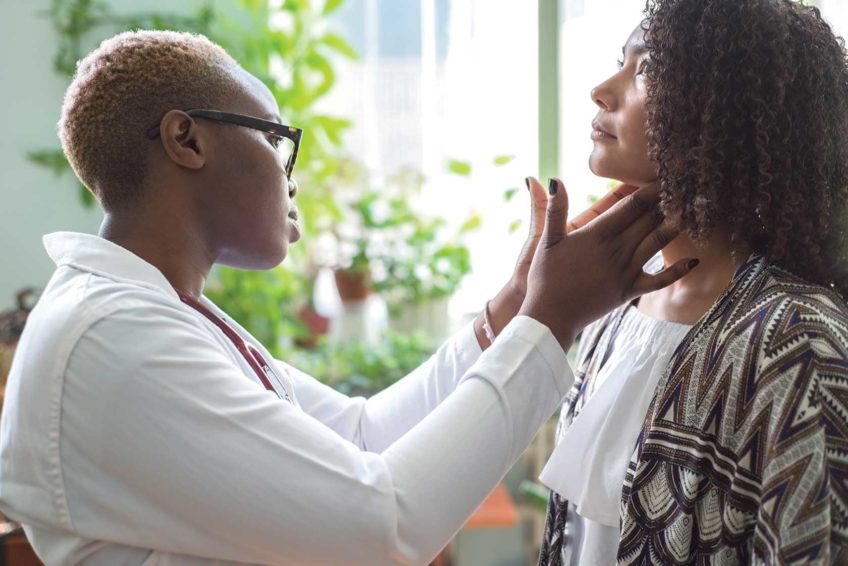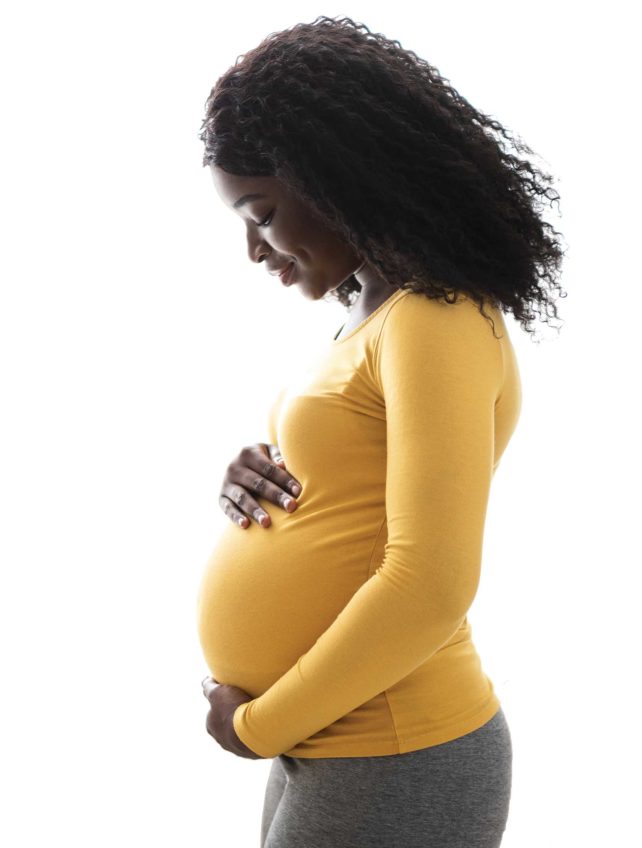Colon cancer: Diagnosed at 38
‘If I had known then what I know now, I would have acted sooner’

Ebony Holmes, 40, attributed those pains in her stomach to something she ate. After all, she was 38 and in relatively good health. But the symptoms persisted and worsened. “I was bent over in pain,” she explained. When she eventually saw blood in her stool, she knew it was more than just a stomach ache.
Her primary care physician ruled out hemorrhoids and referred her to a gastroenterologist, a doctor who specializes in gastrointestinal diseases. The results of the colonoscopy were unexpected. Holmes was diagnosed with stage 4 colon cancer. The tumor had already spread to her liver.
Holmes unknowingly joined other millennials — people born between 1981 and 1996 — who have twice the risk of colorectal cancer compared to those born in 1950. In addition, according to a study published in the Journal of the National Cancer Institute, people under the age of 55 are nearly 60% more likely to be diagnosed with late-stage disease than older adults.
She underwent six months of chemotherapy followed by surgery. Follow-up scans were clear, but in March of this year, another scan found cancer in her lungs. She underwent another round of chemotherapy and radiation. She awaits the result of a future scan.
Looking back, Holmes now thinks that symptoms may have started earlier. She was diagnosed with anemia and placed on iron pills. But anemia is a common indicator of colon cancer in young people. “Looking back, if I had known then what I know now, I would have acted sooner,” she said.
Holmes was tested for Lynch syndrome, a genetic disease often found in younger people with colon cancer. The test was negative. As far as she knows, there is no history of colon cancer in her family.
She is now even more attentive to her lifestyle. Her oncologist gave her a list of foods to avoid — no red or processed meat. Research indicates that a diet rich in fruits, vegetables and whole grains can reduce the risk of colon cancer and its recurrence. She is a member of a gym and exercises regularly. She credits exercise for boosting her morale and emotions.
Despite all she’s been through Holmes says she’s doing fine. She attributes that to her faith and family. Her father’s nine siblings live nearby. During her treatment she received family support daily.
Her biggest concern is her two children, aged nine and 11, and what lies ahead for them. She has already instructed them on their schedule of colonoscopies. Generally, when a person has colon cancer before the age of 50, family members are advised to start screening at age 40 or ten years earlier than the earliest case of colon cancer in the family. “They have to start colonoscopies at age 28,” she said. Colonoscopies should be repeated at least every five years if the results are negative.
Holmes offers a piece of advice to others. If something’s not right, get it checked. Don’t let symptoms linger too long. If the doctor doesn’t listen to you, find one who does.
At this point she is not worried. She said she has a positive outlook that allows her to live each day to the fullest.
“I’m still here,” she said. “I’m taking it one day at a time.”







